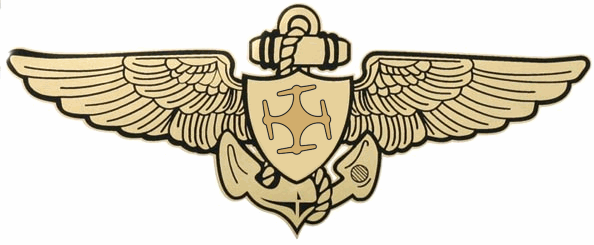
A FAA remote pilot license is required to fly drones legally for any non-recreational purpose (which includes basically everything we use drones for in ANR and UC). The 'hard' part of obtaining your drone pilot certificate is passing a 60 question FAA Airman General Knowledge exam, which covers a broad range of topics related to the safe and legal operation of drones in the national airspace. Our efforts to get certified were propelled forward by an excellent FAA exam prep-class offered in early March by UC Merced Extension, and taught by Andreas Anderson, a long-term pilot and graduate of the UC Merced MESA lab.
Our programmatic goal in getting more certified drone pilots is to help serve the growing demand for drone services in the Division, including both flying missions and training. Flying safely and legally however is only the start. Using drones effectively as data collection platforms for research and extension takes a host of other skills and knowledge, including mission planning, flight operations, using the equipment, data management, and select principles of photogrammetry and remote sensing. This is why we encourage everyone in ANR interested in using UAVs for their research or extension programs to attend one of our Drone workshops, such as the upcoming workshops at Kearney REC (April 13-14), UC Berkeley (Apr 2 ), Quincy (June 7-8), or our three-day Dronecamp at the end of July (application deadline April 15, 2017). Need some inspiration how drones might be useful in your work? Check out the current issue of Cal Ag which features a number of applications of drone science for agriculture and natural resources.
Contributor - Director, Statewide IGIS Program, Professor and Cooperative Extension Specialist